This series of lessons lays the foundation for the understanding of how music works – “The Principles of Music”. The lessons include information on understanding intervals, steps, Enharmonic Equivalents, the major scale, key signatures.
This series of lessons lays the foundation for the understanding of how music works – “The Principles of Music”. The lessons include information on understanding intervals, steps, Enharmonic Equivalents, the major scale, key signatures.
A set of statements or principles devised to explain a group of facts or phenomena, especially one that has been repeatedly tested or is widely accepted and can be used to make predictions about natural phenomena.
The Principles of Music.
Principles & Basics of Musicare of immense value to ANY musician, regardless of their chosen instrument.
Principles & Basics of Musicare a priceless gift for any musician. They provide a common language for communication, a framework for expression, and a guide for exploration.
Principles of Musicand NOT for this or that instrument. — The application applies to a specific instrument.
What about Street Theory?— Street Theory, also known as practical or informal music theory, refers to the understanding of music that is acquired through hands-on experience, informal learning, and real-life musical interactions rather than formal education. It is the practical knowledge that musicians and artists gain through playing in bands, jamming with others, attending live performances, and engaging in musical collaborations outside traditional academic settings. One, does have to know the local lingo of what terms might be used by. A lot of popular music comes from an oral tradition, without a lot of it being written down or formally taught. Which results in running across different terms for the established, traditional music principles. And, often mis-named terms for standard music principles. One must be a bit of a music detective when dealing with these terms.
The Principles of Music


C Tuning, with C being the open string (Middle
Con the piano):

C Tuning, with C being the open string (Middle
Con the piano):

A A♯ B C C♯ D D♯ E F F♯ G G♯
A B♭ B C D♭ D E♭ E F G♭ G A♭
Jawsmovie theme. Especially if on a piano using the lower (left) end of the piano.
Principles of MusicLessons to Get Started With
- Whole Steps and Half Steps Explained
- The Chromatic Scale
- Enharmonic Equivalents
- The Major Scale
- Key Signatures and the Circle of Fifths and Fourths
- Ear Training — Turns out it's more of getting the finger and or voice to follow the ear. Simple to start and all the work is getting it to come out.
- Chord Spelling — Triads
- Chord Spelling — An Alternate Approach
- Metronome — Playing in Time — EVERYONE is responsible for playing in time. We all have some sense of time and an internal sense of time. We just need to get everything synced up.
- Glossary of Music Terms — A good place to start and get to know the lingo of music. Theses are the terms you'll encounter time and tine again as your explore music on the Ukulele.
- Demystifying Cut Time by Chuck Anderson
- Practice, Play and Rules (Theory) - The Three Words by Chuck Anderson
Related Lessons, Videos, Lesson Series, Songs, Books & Reference Charts, Resources & Assets, Workshops are below.
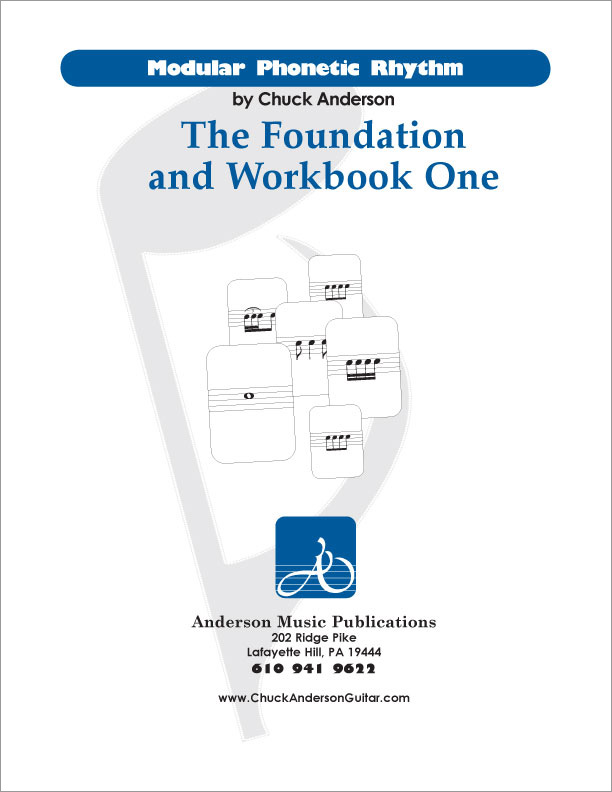
Modular Phonetic Rhythm represents a significant advance in the teaching and application of rhythm. Eliminating many inefficient aspects of rhythm education, Modular Phonetic Rhythm streamlines the traditional educational approach, resulting in a reflexive reaction to rhythm.
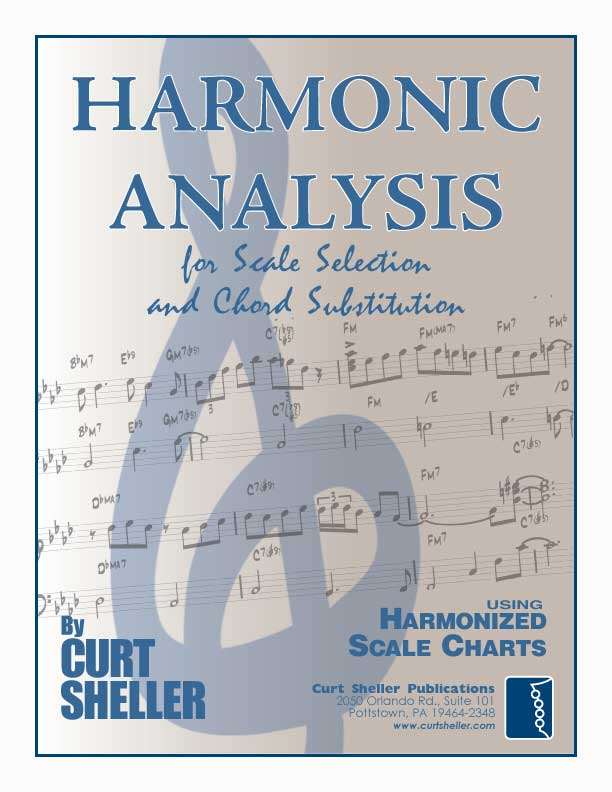
Harmonic Analysis is the understanding of the functional sequence of chords. It is the process used to analyze the harmonic structure of a progression, song or composition. This analysis is then used to make scale selections for improvisation and chord substitution.
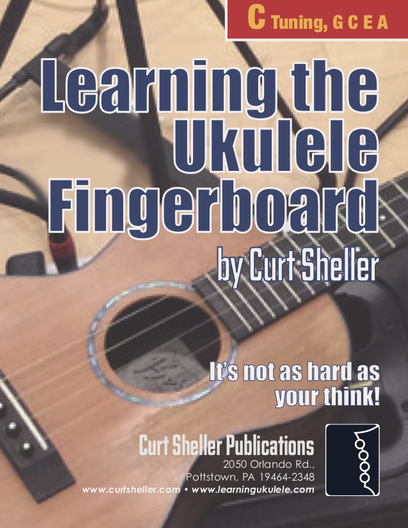
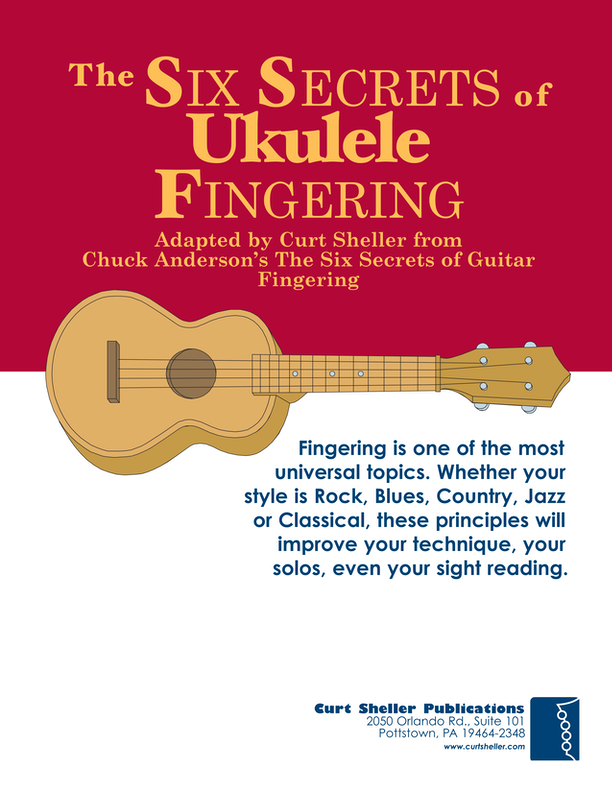
return in your investment)—it is this— learning the
f*ckingnotes of your OWN instrument. Sorry for the tough talks—but it is sooooo true!

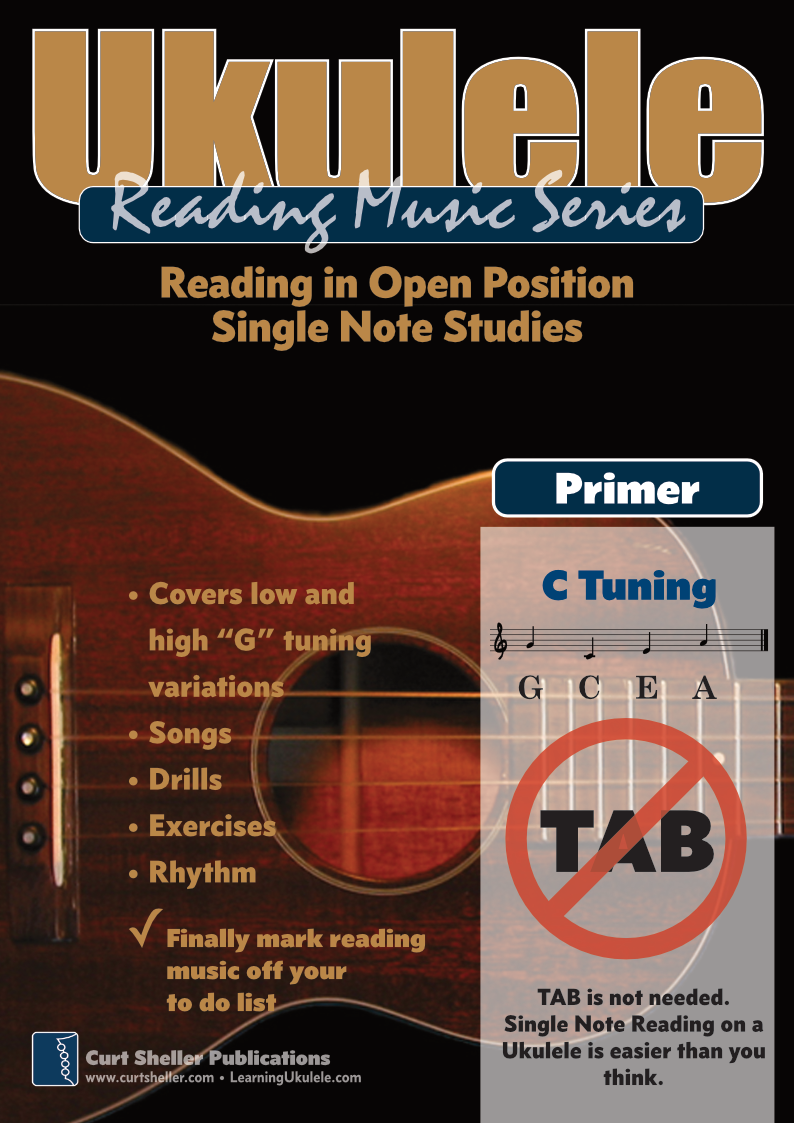
Learn to read single note melodies in the first/open position is a lot easier than you might think. Book: Ukulele – Reading Music Series – Primer
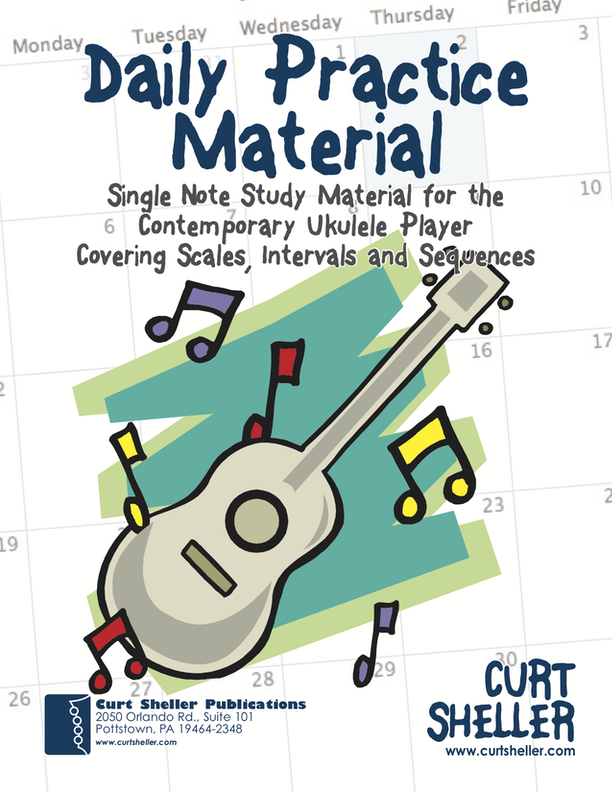
An organized collection of daily practice and reference material for the contemporary ukulele player for developing the vocabulary and knowledge necessary for single note playing. Book: Daily Practice Material for the Contemporary Ukulele
Checkout the Books & Reference Charts for additional Handy, Dandy Reference Charts.
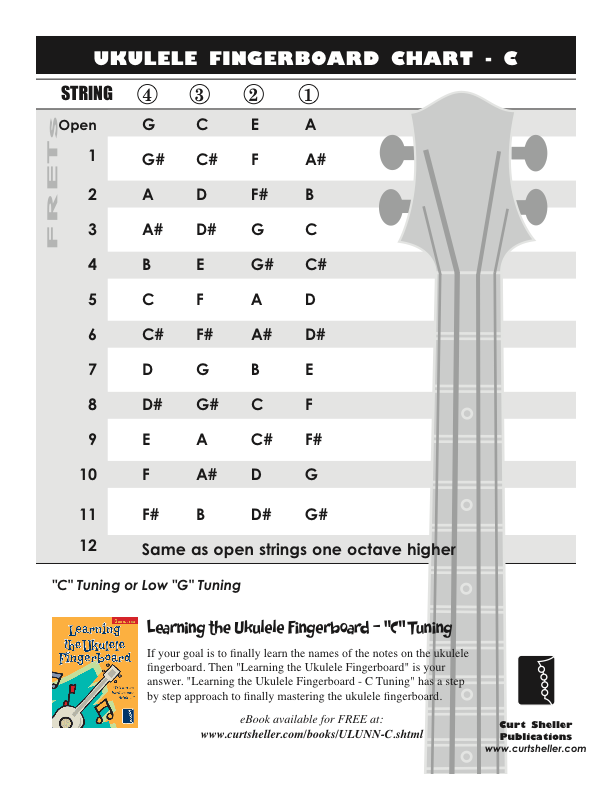
Ukulele Fingerboard Chart for C Tuning, Low or High G – G C E A
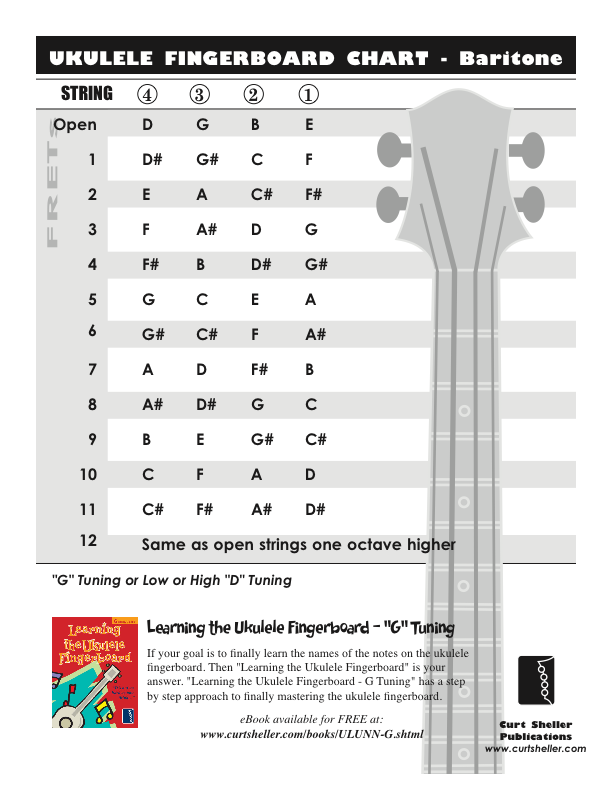
Ukulele Fingerboard Chart for G Tuning, Low or High A – D G B E
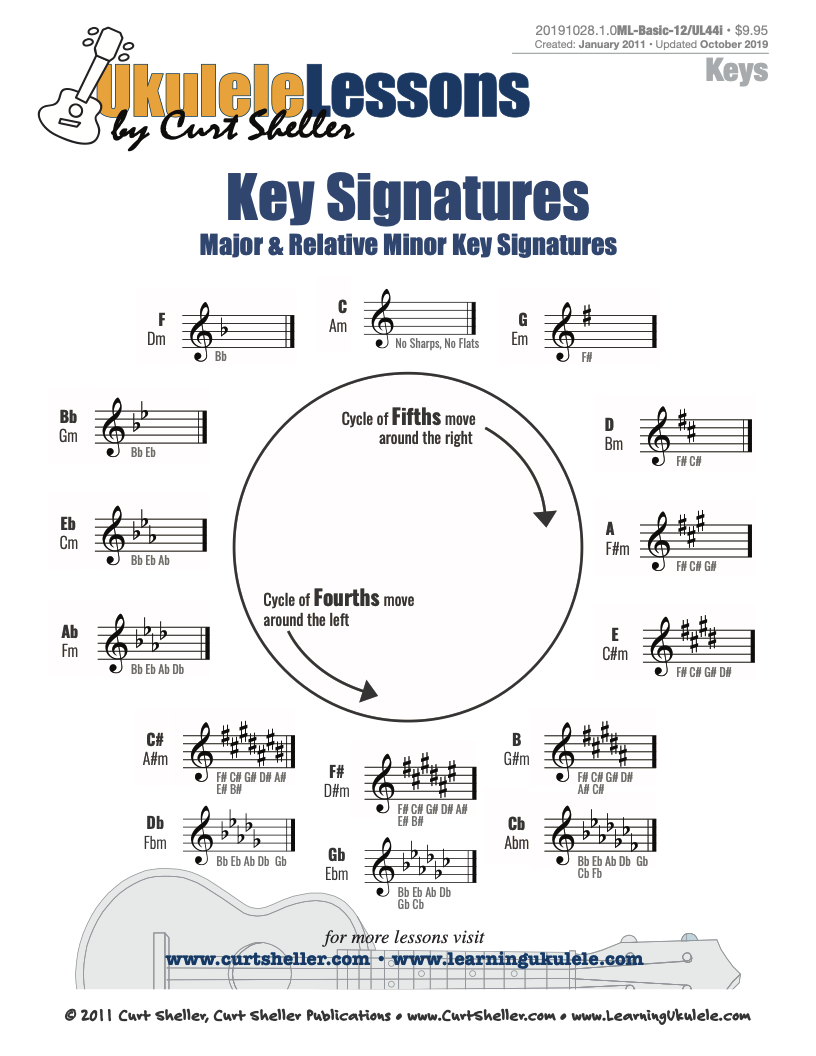
A handy reference chart of all 15 major and relative minor key signatures. US Letter 8.5 x 11 sized (ANSI-A) , A4


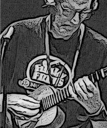



.jpg)